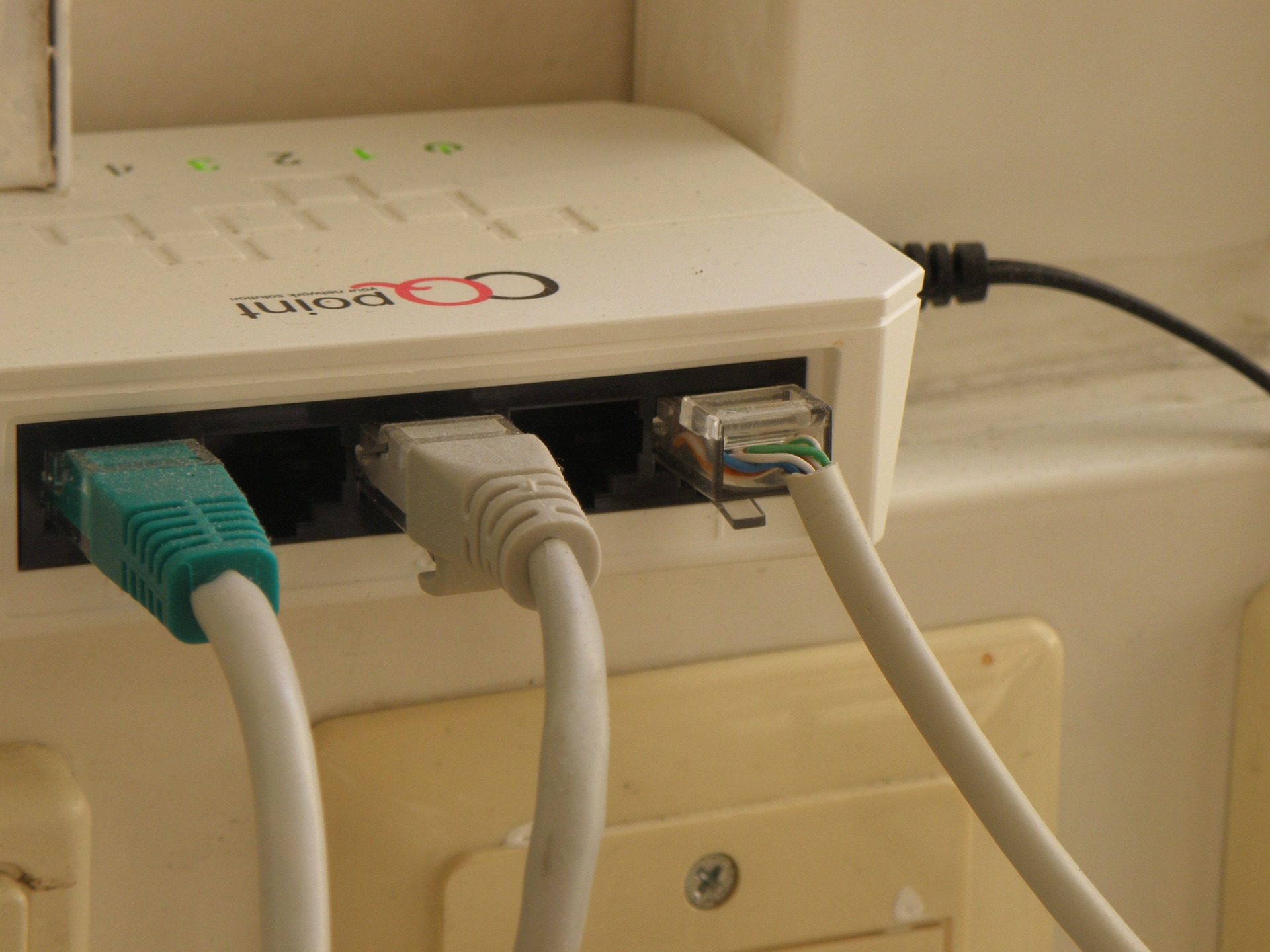A Deep Dive into Zero Rating: A Connectivity Solution for the Modern Age
The ever-evolving world of telecom services has seen many breakthroughs, but one such innovation that has stirred the pot recently is 'Zero Rating.' This practice, relatively less explored, is bringing about a seismic shift in the way we perceive data consumption. But what exactly is 'Zero Rating'? How does it function, and how is it impacting the telecom industry? Let's delve deeper into this intriguing concept.

Understanding Zero Rating
Zero rating is a practice where internet service providers (ISPs) offer free access to specific content or applications without charging the customers for the data used. This concept is a part of the larger debate around net neutrality – the principle that all internet traffic should be treated equally. It sprung up around 2015 when several companies commenced offering zero-rating services in developing countries.
The Growth and Impact of Zero Rating
Since its inception, zero rating has seen significant growth, particularly in regions where access to data is expensive or restricted. By providing free access to certain websites or applications, ISPs can significantly increase internet usage. Facebook’s Free Basics and Google’s Free Zone are prime examples of zero rating services.
However, zero rating has not been without its share of controversies. Advocates of net neutrality argue that it creates an unfair market where bigger companies can pay ISPs to zero-rate their services, thereby stifling competition from smaller entities. Conversely, supporters of zero rating believe it is an effective way to bridge the digital divide and bring more people online.
Regulatory Aspects of Zero Rating
Regulations around zero rating vary worldwide. Some countries have banned the practice outright, citing concerns about net neutrality. Others have allowed it but with strict regulations in place to prevent any anti-competitive behavior. The Federal Communications Commission (FCC) in the U.S., for instance, does not outright ban zero rating but scrutinizes such practices on a case-by-case basis.
The Future of Zero Rating
As the industry evolves, zero rating too will transform and adapt. With 5G technology on the horizon, zero rating might see a resurgence as more data-intensive applications come into the market. However, it’s also crucial that regulations keep up with these developments to ensure a fair and competitive market.
To conclude, zero rating is an intriguing practice that has the potential to change the way we consume data. It’s a topic that deserves more attention, as it could play a significant role in shaping the future of the internet and telecommunications industry. As with any technological advancement, it’s essential to balance the benefits it brings with the potential challenges it presents.




